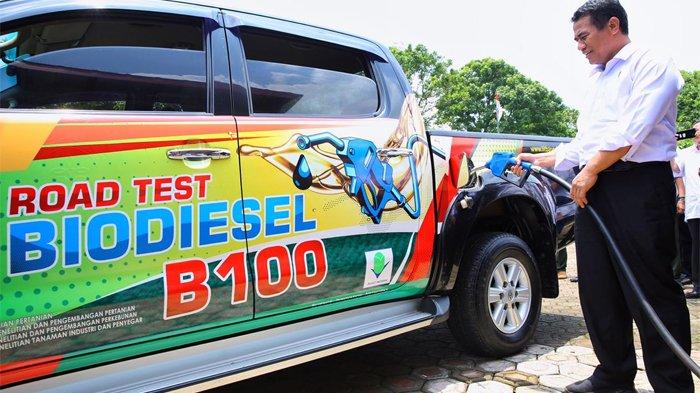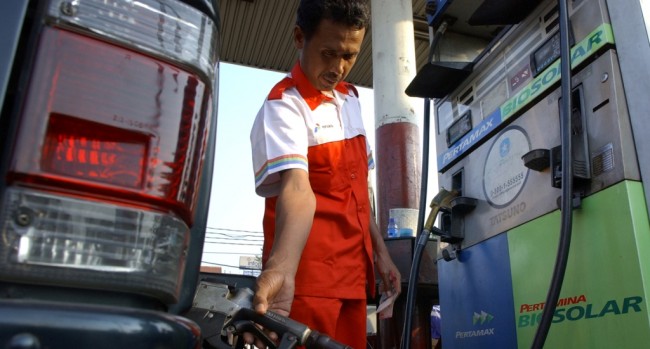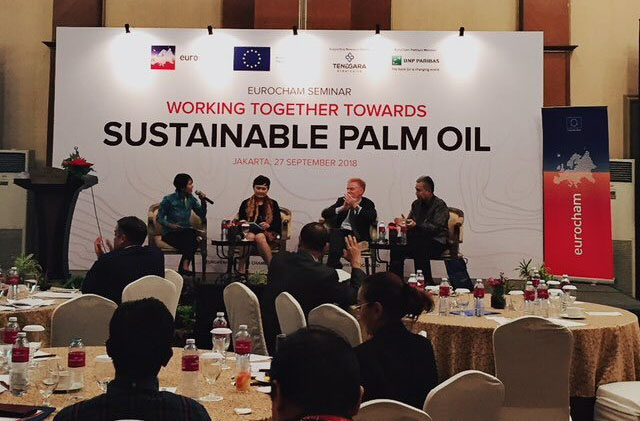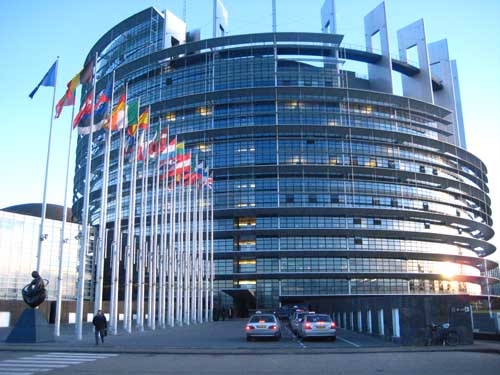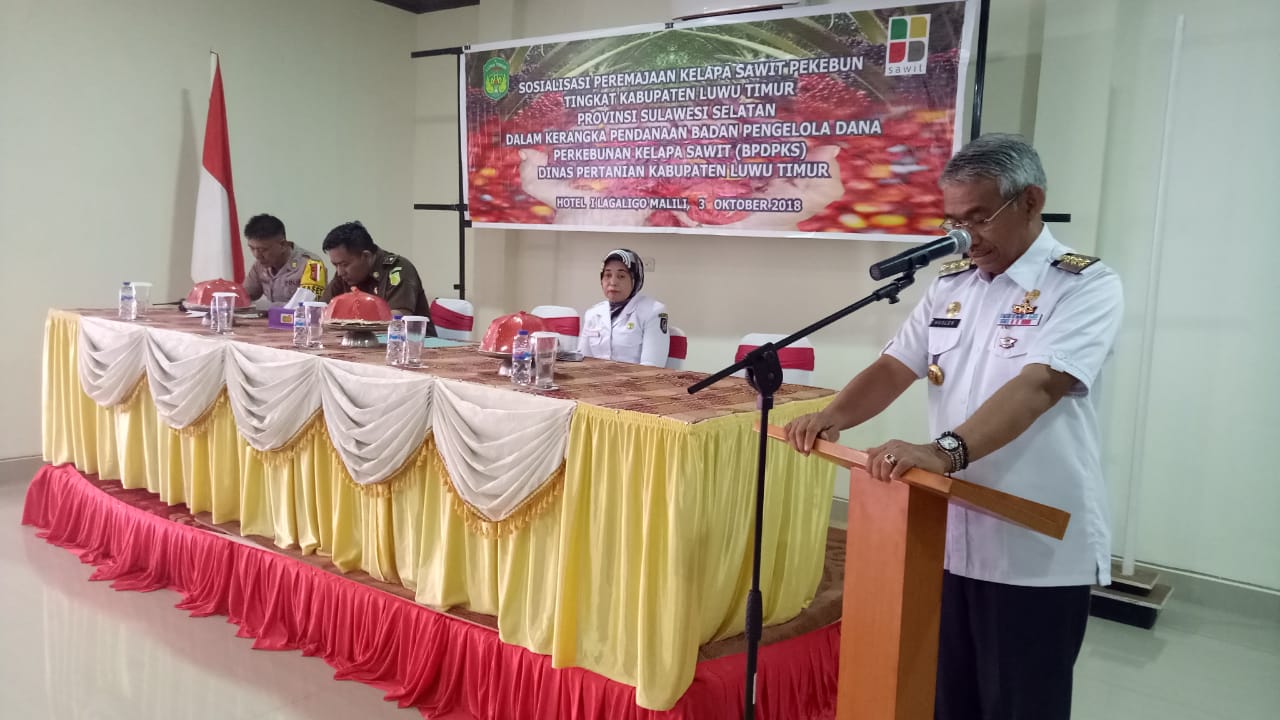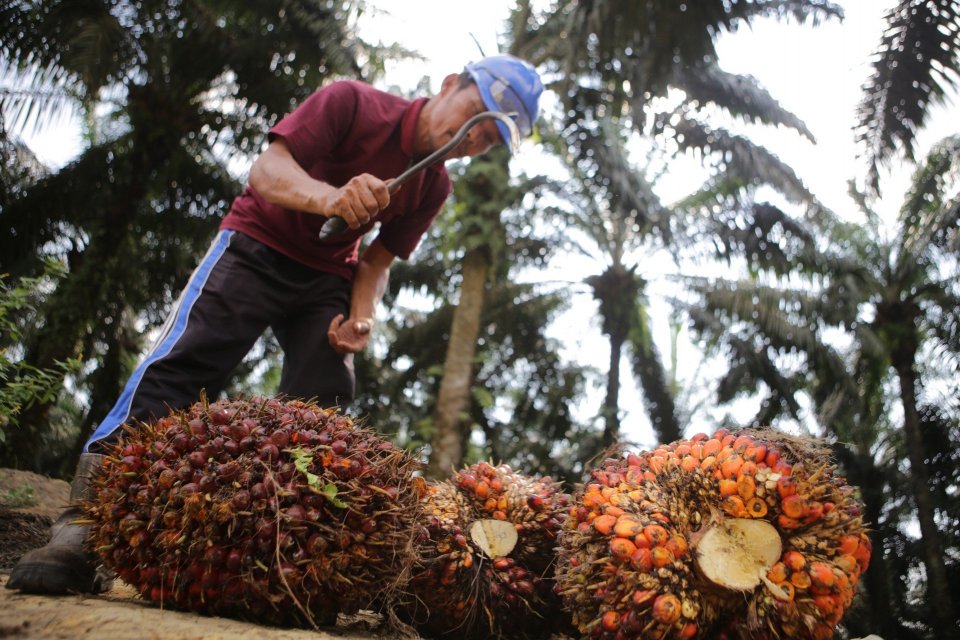BPDPKS Shows Palm Oil Contribution to SDGs at COP24
PRESIDENT Director of the Indonesian Oil Palm Estate Fund (BPDPKS) Dono Boestami shared Indonesia’s experience in developing palm oil sectors and its contribution in achieving Sustainable Development Goals (SDGs) at the climate change conference COP24. “Of 17 goals of SGDs, there are at least six or seven goals palm oil sector can achieve,” Dono said as he delivered presentation at a The Contribution of Good Agricultural Practices to SDGs-themed session in Indonesia Pavilion, Friday (7/12/2018). COP24 is the informal name for the 24th Conference of the Parties to the United Nations Framework Convention on Climate Change that has been held in Katowice, Poland from 3 to 14 December 2018.
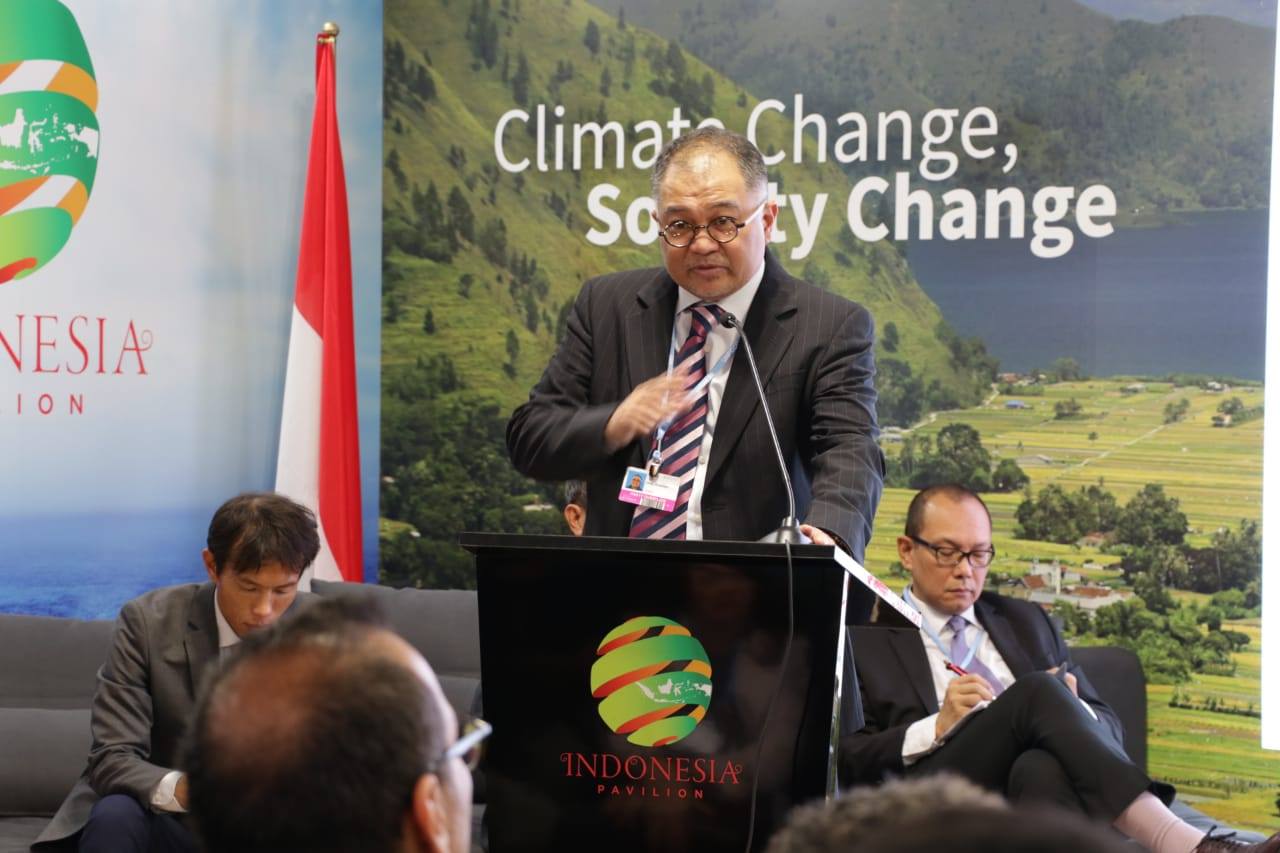
PRESIDENT Director of the Indonesian Oil Palm Estate Fund (BPDPKS) Dono Boestami shared Indonesia’s experience in developing palm oil sectors and its contribution in achieving Sustainable Development Goals (SDGs) at the climate change conference COP24. “Of 17 goals of SGDs, there are at least six or seven goals palm oil sector can achieve,” Dono said as he delivered presentation at a The Contribution of Good Agricultural Practices to SDGs-themed session in Indonesia Pavilion, Friday (7/12/2018). COP24 is the informal name for the 24th Conference of the Parties to the United Nations Framework Convention on Climate Change that has been held in Katowice, Poland from 3 to 14 December 2018. At this conference, delegation from Indonesia reaffirmed the country’s position in international negotiation on climate change. Dono revealed that palm oil sector is a powerful tool for achieving the SDGs, specially these following seven goals: First, No Poverty (SDG 1). Dono said poverty level in Indonesia has decreased significantly from 60% in 1970 to only 9.82% on March 2018. The GINI coefficient has also decreased from 0.4 to 0.3 in the last three years. “Since 2000, palm oil sectors has lifted 10 million people out of poverty of which at least 1.3 million lived in rural areas. It was affected directly by palm oil expansion factor.” Second, Reduce Inequalities (SDG 10), an effort to reduce inequality within and among countries. Third, Good Health and Well-Being (SDG 3), a goal to ensure healthy lives and promote well-being for all at all ages. Fourth, Zero Hunger (SDG 2), an effort to end hunger, achieve food security and improved nutrition and promote sustainable agriculture. “The smallholders oil palm plantation replanting program makes it possible for palm oil industry to produce more than 50 million tons of palm oil in 2025. It will provide sufficient supply for food industry, including cooking oil and palm oil-based food,” Dono said. Fifth, Climate Action (SDG 13), an effort to take urgent action to combat climate change and its impacts. “Palm oil sector has important role to achieve this goal by developing renewable energy and reducing emission, supporting forest moratorium, and contributing to maintain forest to prevent fires,” Dono added. Sixth, Decent Work and Economic Growth (SDG 8), a goal to promote sustained, inclusive and sustainable economic growth, full and productive employment and decent work for all. “As an labour intensive industry, palm oil provides employment for million people. More than 16 million people work in this sector of which 12 million work in the industry and 4.6 million are smallholders in plantation,” Dono said. Palm oil sector also contributes to achieve SDG 17, Partnership for The Goals. This is an effort to strengthen the means of implementation and revitalize the global partnership for sustainable development. ***


